The quantity of e-mailed advertising pitches for different opportunities is about to increase dramatically
Published:
9 July 2002 y., Tuesday
The quantity of e-mailed advertising pitches for different opportunities is about to increase dramatically, according to research by Bob West, an anti-spam activist.
E-mail addresses are the currency in a financial shell game that involves rapidly moving consumer contact information from database to database while concealing where and how the data was collected, according to West's research, which he has documented in a map that painstakingly details all the dark and twisted paths that your e-mail address has been traveling.
Spammers harvest e-mail addresses from websites and public posts on Internet newsgroups and bulletin boards and then sell the addresses to other spammers, or to unscrupulous marketing companies who pay a bounty fee per submitted name. These marketing lists may eventually be sold to legitimate companies who often believe they are purchasing a list of eager consumers' addresses.
One end result of all this activity is, rather obviously, more spam showing up in already jammed inboxes. West said his research indicates that unless consumers complain publicly and loudly about the promiscuous passing around of their e-mail addresses, spam will make the mailboxes of most Internet users virtually unusable within the next six to nine months ... "a year if we're lucky."
Other anti-spam activists agreed that spam is proliferating, but pointed out that West's "Spamdemic Map" doesn't indicate any concepts that aren't already widely understood.
Šaltinis:
wired.com
Copying, publishing, announcing any information from the News.lt portal without written permission of News.lt editorial office is prohibited.
The most popular articles
Software company announced new structure_ of it_s business.
more »
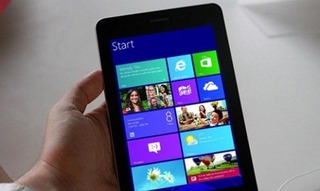 Microsoft reportedly has called off a plan to mass produce its small-size Surface Mini tablet.
more »
Microsoft reportedly has called off a plan to mass produce its small-size Surface Mini tablet.
more »
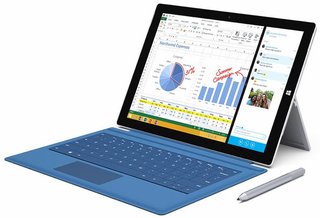 Microsoft has built a new tool to help users of Windows 8.1 devices determine the causes of battery drain during the system's sleep mode.
more »
Microsoft has built a new tool to help users of Windows 8.1 devices determine the causes of battery drain during the system's sleep mode.
more »
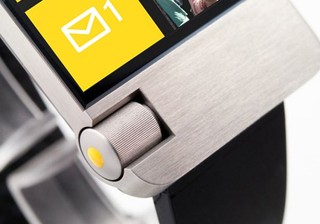 A new rumor has just started spreading about Microsoft's entrant into the smartwatch business.
more »
A new rumor has just started spreading about Microsoft's entrant into the smartwatch business.
more »
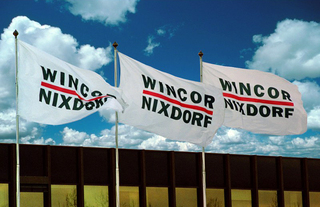 Wincor Nixdorf is promoting the new version of its PC/E Direct Marketing software and providing banks with an effective and modern marketing tool to individually address customers on ATMs, self-service terminals or digital signage screens.
more »
Wincor Nixdorf is promoting the new version of its PC/E Direct Marketing software and providing banks with an effective and modern marketing tool to individually address customers on ATMs, self-service terminals or digital signage screens.
more »
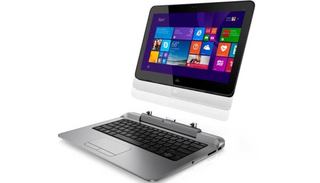 Hewlett Packard has launched its answer to Microsoft's Surface Pro 3 - its brand-new HP Pro x2 612. This device is the company's first commercial detachable PC.
more »
Hewlett Packard has launched its answer to Microsoft's Surface Pro 3 - its brand-new HP Pro x2 612. This device is the company's first commercial detachable PC.
more »
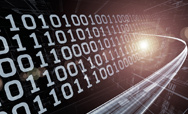 Unisys Stealth has been named the recipient of the TechAmerica Foundation American Technology Award (ATA) in cybersecurity. The ATAs represent outstanding achievement, with winning products exemplifying the “Best of” the United States technology sector.
more »
Unisys Stealth has been named the recipient of the TechAmerica Foundation American Technology Award (ATA) in cybersecurity. The ATAs represent outstanding achievement, with winning products exemplifying the “Best of” the United States technology sector.
more »
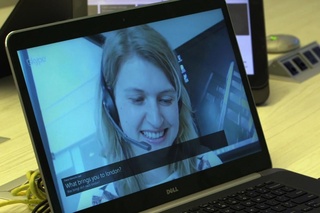 Microsoft showed off a test version of a real-time, spoken-word translation service for Skype calls, the first time the world’s largest software company has demonstrated the breakthrough technology publicly in the United States.
more »
Microsoft showed off a test version of a real-time, spoken-word translation service for Skype calls, the first time the world’s largest software company has demonstrated the breakthrough technology publicly in the United States.
more »
 Cortana, Microsoft's answer to Apple Siri and Google Now, was announced at the company's Build conference in April, and is set to arrive on Windows Phone 8.1 devices later this year.
more »
Cortana, Microsoft's answer to Apple Siri and Google Now, was announced at the company's Build conference in April, and is set to arrive on Windows Phone 8.1 devices later this year.
more »
 Google Inc plans to offer Wi-Fi network hardware and software at a discount to small and medium-sized businesses.
more »
Google Inc plans to offer Wi-Fi network hardware and software at a discount to small and medium-sized businesses.
more »
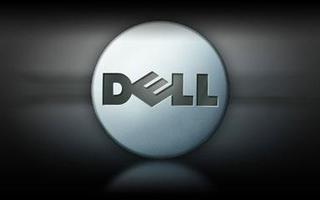 Dell is making a line of PCs using plastics obtained by expanding its recycling program.
more »
Dell is making a line of PCs using plastics obtained by expanding its recycling program.
more »